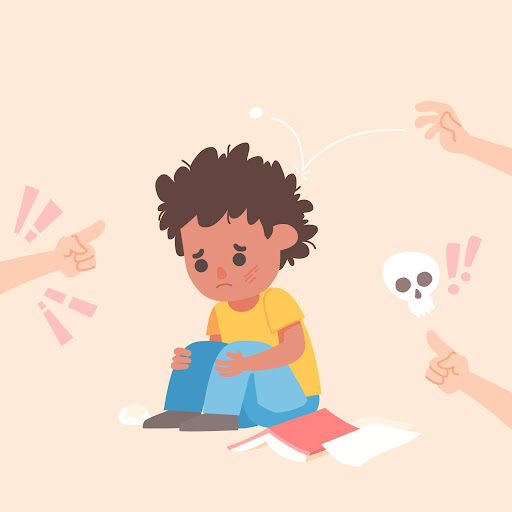
When people think about childhood trauma, they often picture obvious forms of harm like physical abuse or loud, angry conflicts at home. But sometimes, the deepest wounds are the ones no one can see. These wounds are not caused by something that happened, but rather by something that never happened at all. This is what we refer to as childhood emotional neglect.
Childhood emotional neglect happens when a child’s emotional needs are consistently overlooked, ignored, or dismissed by their caregivers. It is not about parents being intentionally cruel. In many cases, parents may love their children but simply do not know how to respond to feelings in a healthy way. This could be because of their own unresolved trauma, cultural beliefs, or lack of emotional awareness.
As a child, you might not have realized that something was missing. But as an adult, you may find yourself struggling with low self-esteem, difficulty connecting with others, or a constant feeling that something is wrong, but you cannot quite explain why. That is the hidden cost of emotional neglect.
Emotional neglect is subtle, and that is why it often goes unnoticed. It can happen in households that appear loving from the outside. Here are a few examples of what it might look like:
Because there are no visible scars, children often grow up believing their emotions do not matter. This belief can follow them into adulthood in ways that affect every part of life.
The messages you receive in childhood shape how you see yourself and the world. When your emotions are ignored, you learn to ignore them too. This can create several challenges as you grow older.
The good news is that emotional neglect does not have to define the rest of your life. Healing is possible, but it requires awareness, compassion, and a willingness to rebuild your emotional connection to yourself.
Here are some practical steps to begin the journey:
If you are a parent or hope to be one, healing from your own emotional neglect can help you break the cycle. This means making space for feelings in your household, even when it is uncomfortable. Listening without judgment, validating emotions, and teaching healthy coping skills can help children grow into emotionally healthy adults.
It is also important to remember that being emotionally present does not mean being perfect. It means showing up, listening, and letting children know their feelings are important.
Childhood emotional neglect can leave deep emotional imprints, but it is never too late to learn, grow, and reconnect with yourself. Healing is a journey, and every small step matters. You do not have to carry the weight of the past forever.
If this article resonates with you, it may be a sign that you have been carrying unacknowledged pain for a long time. You do not need to go through the process alone. With support, you can unlearn the patterns that no longer serve you and build a healthier relationship with yourself and others.
At JMore Counseling and Consulting, we understand how childhood emotional neglect can shape your life and relationships. Our team can help you identify the root of your struggles, develop healthier coping strategies, and guide you toward emotional healing. Reach out to us today and take the first step toward reclaiming your emotional well-being.
